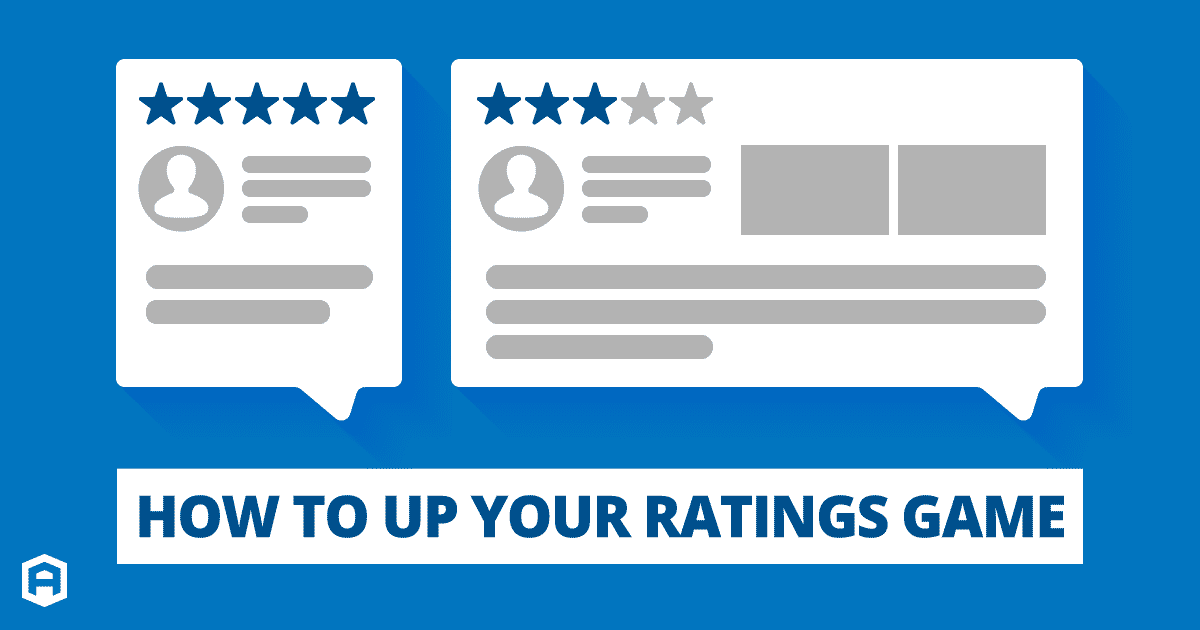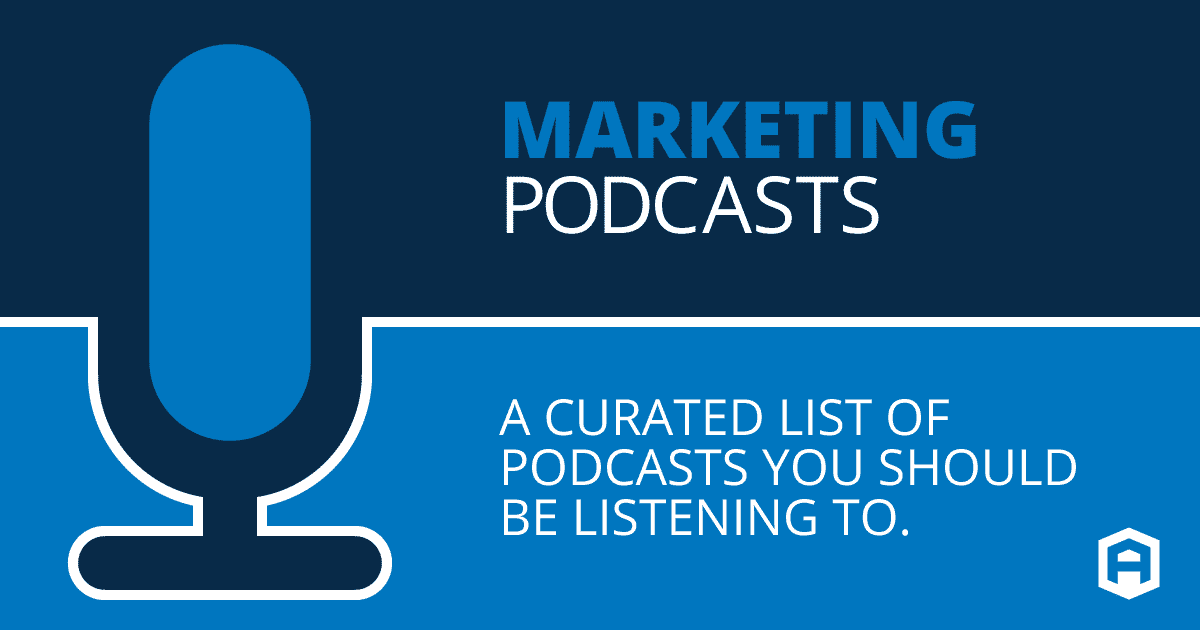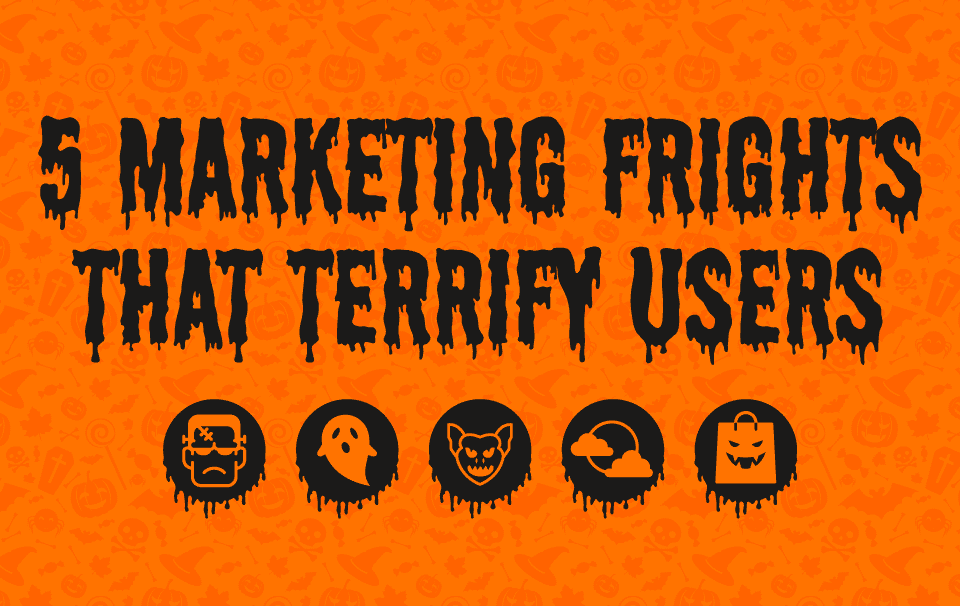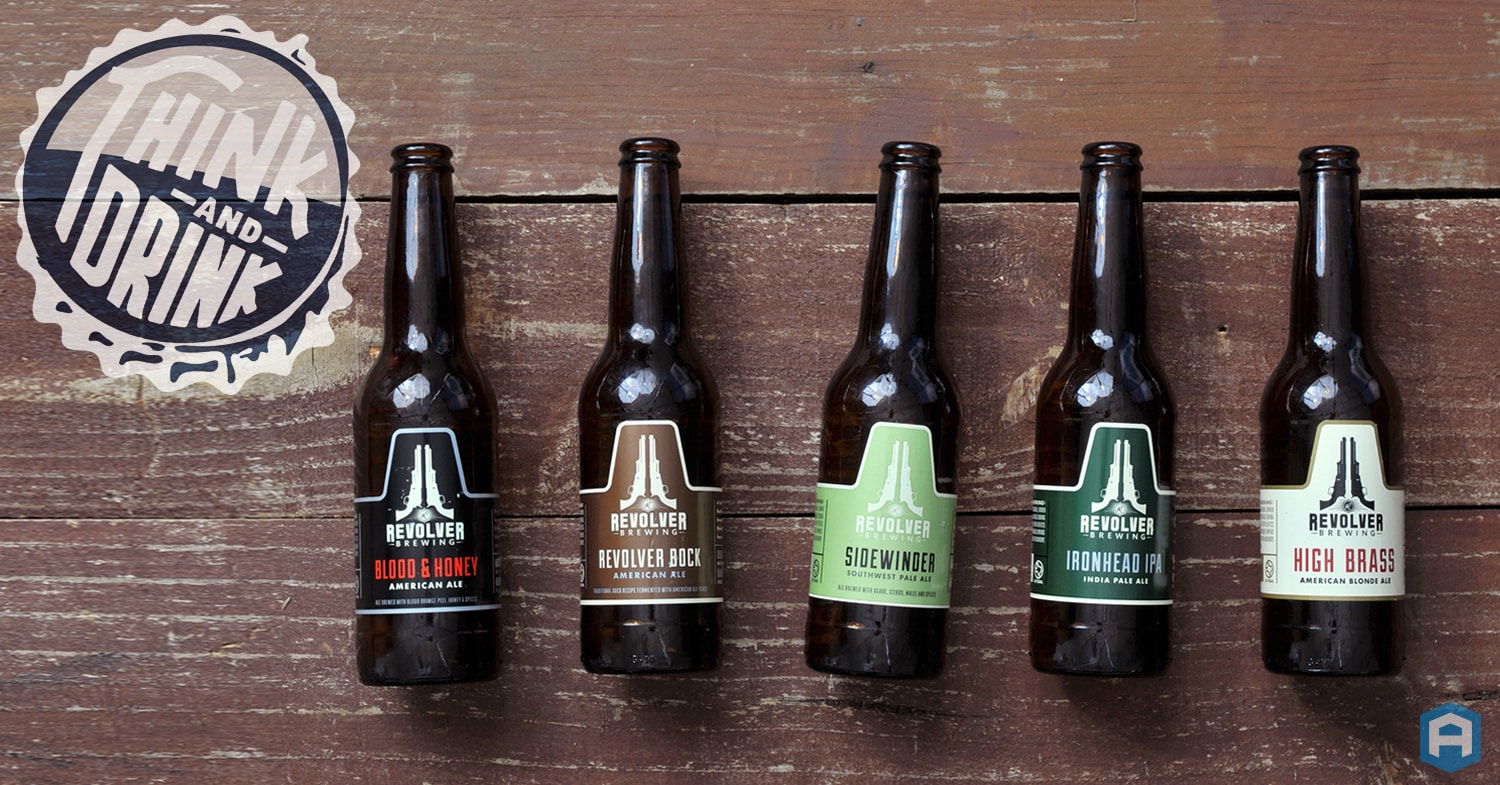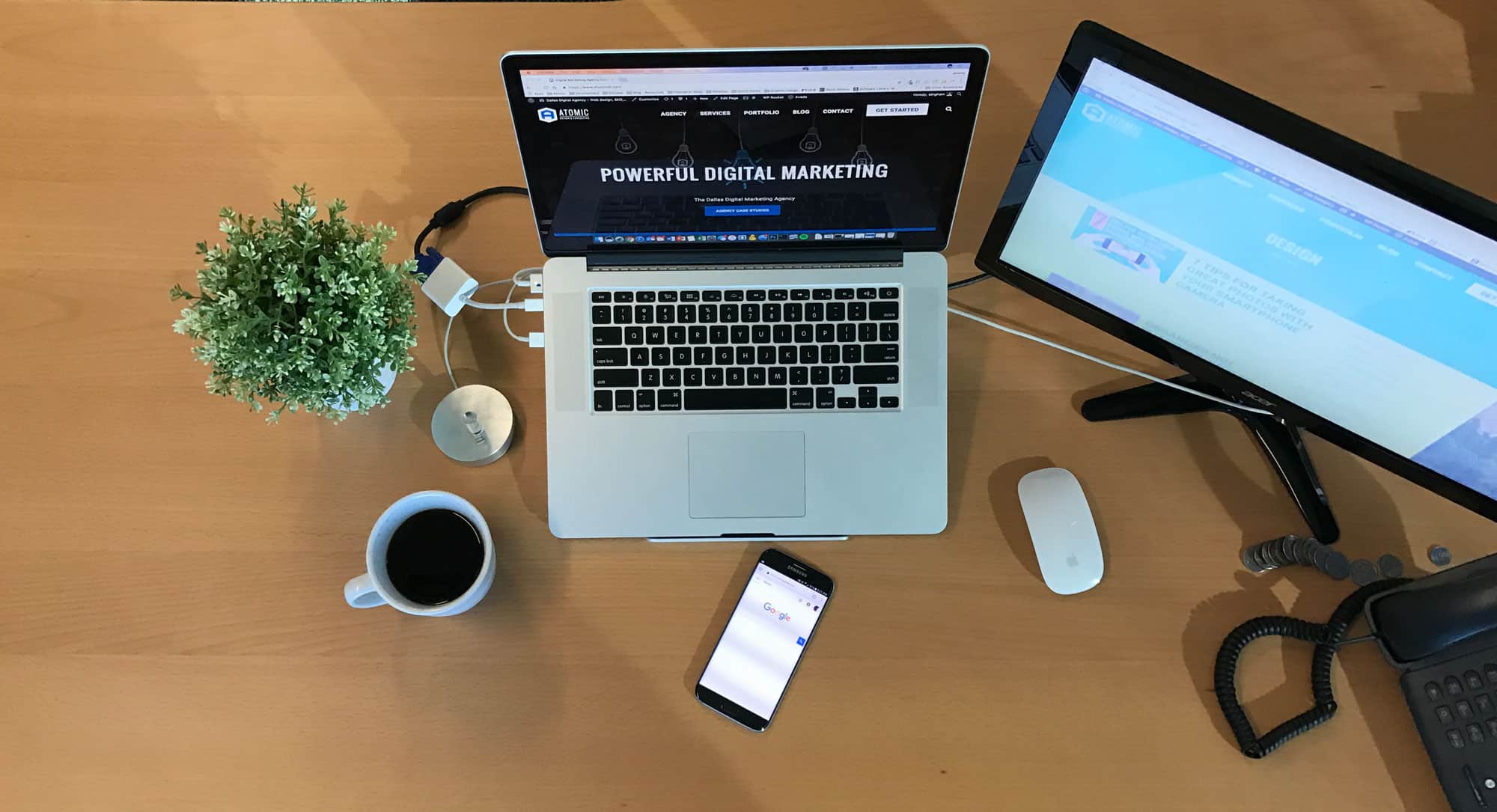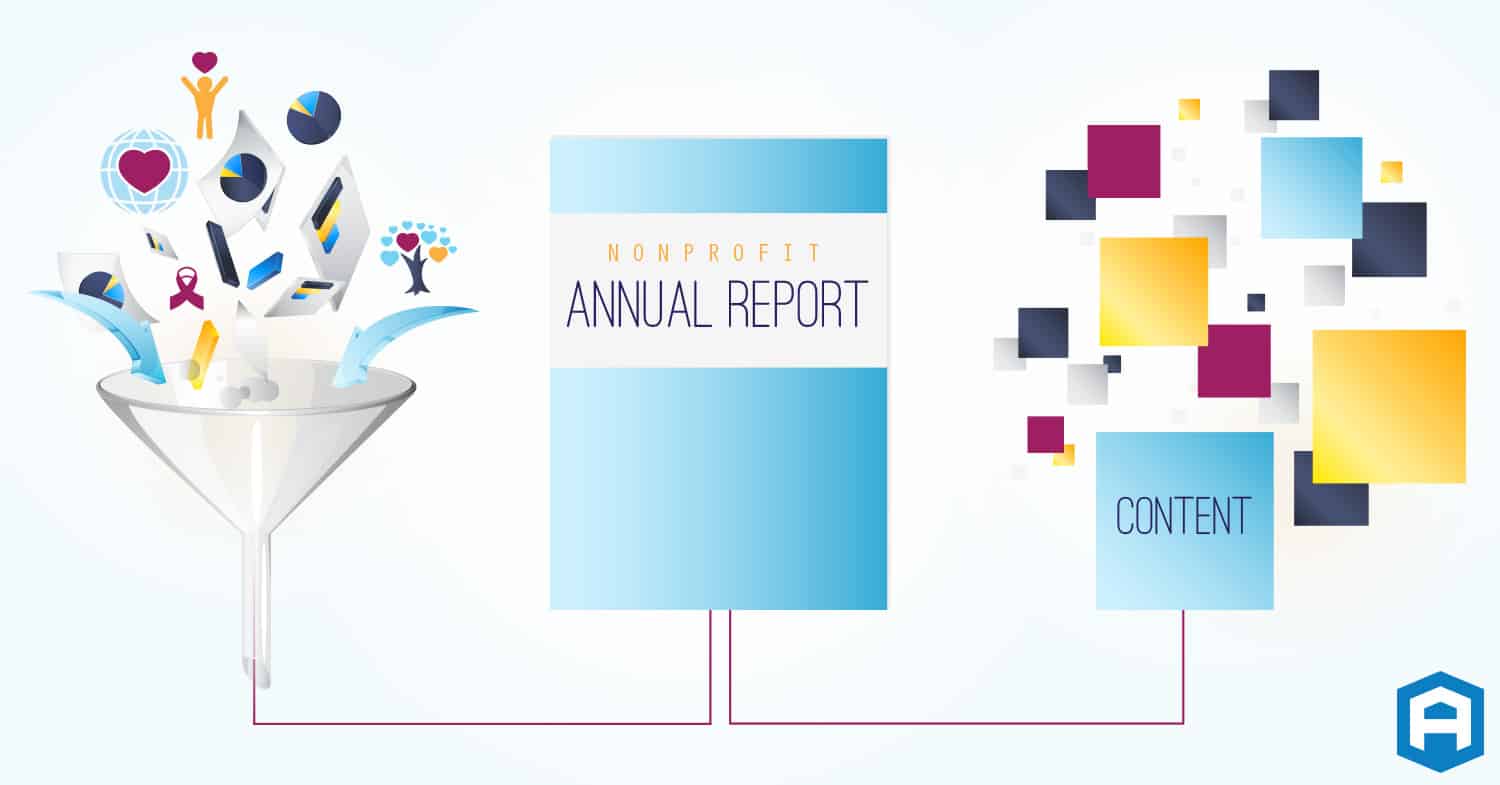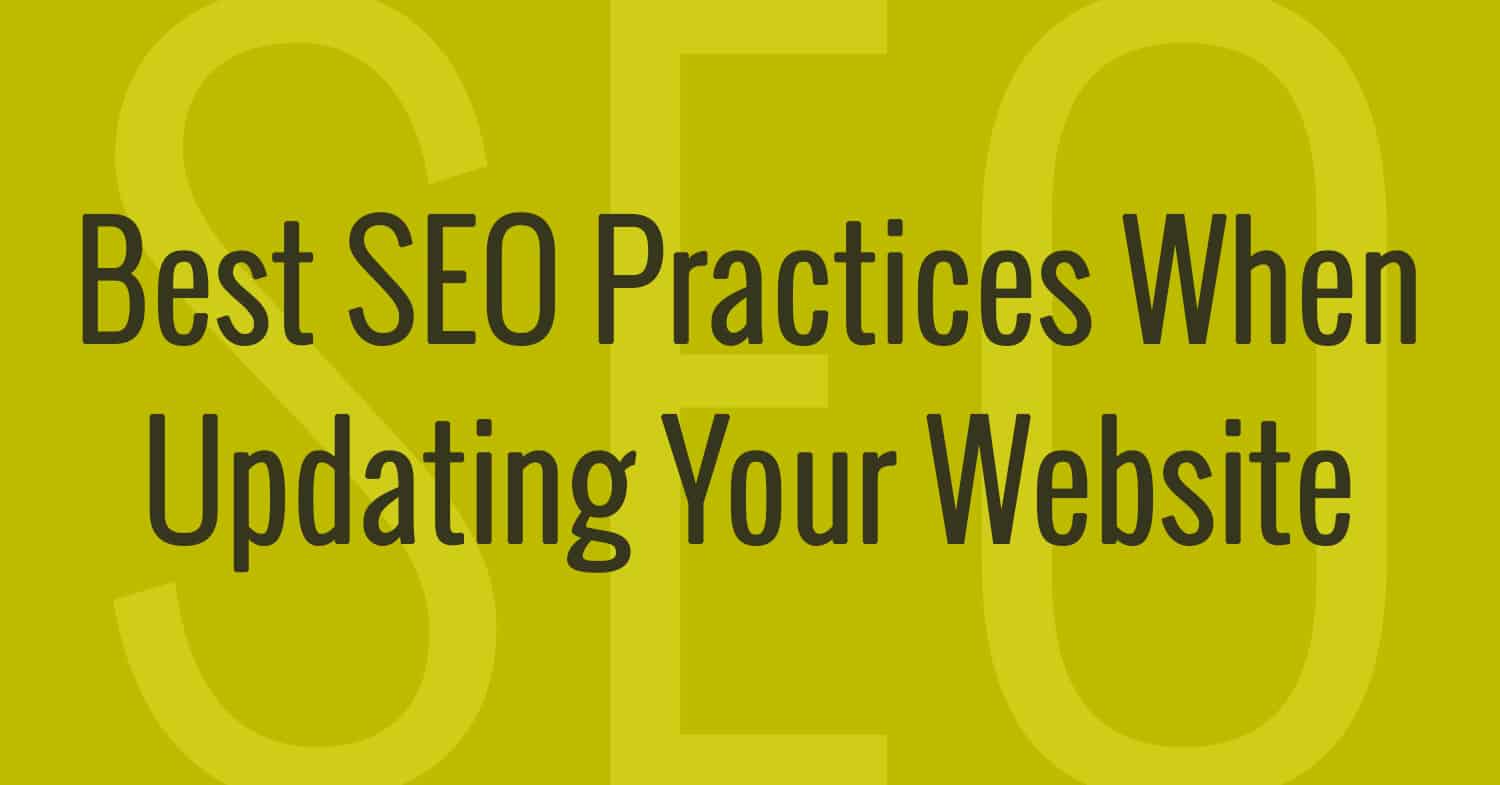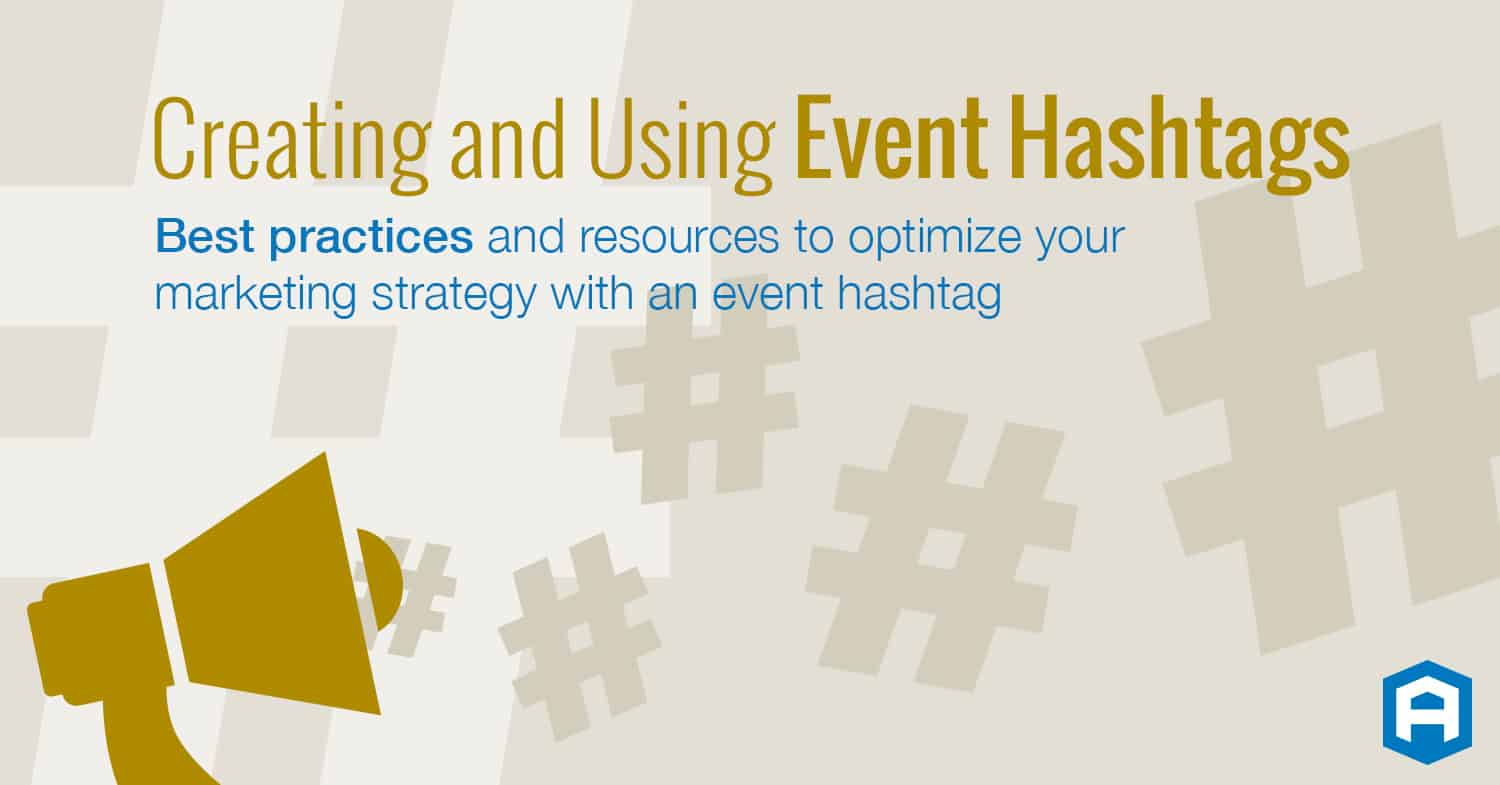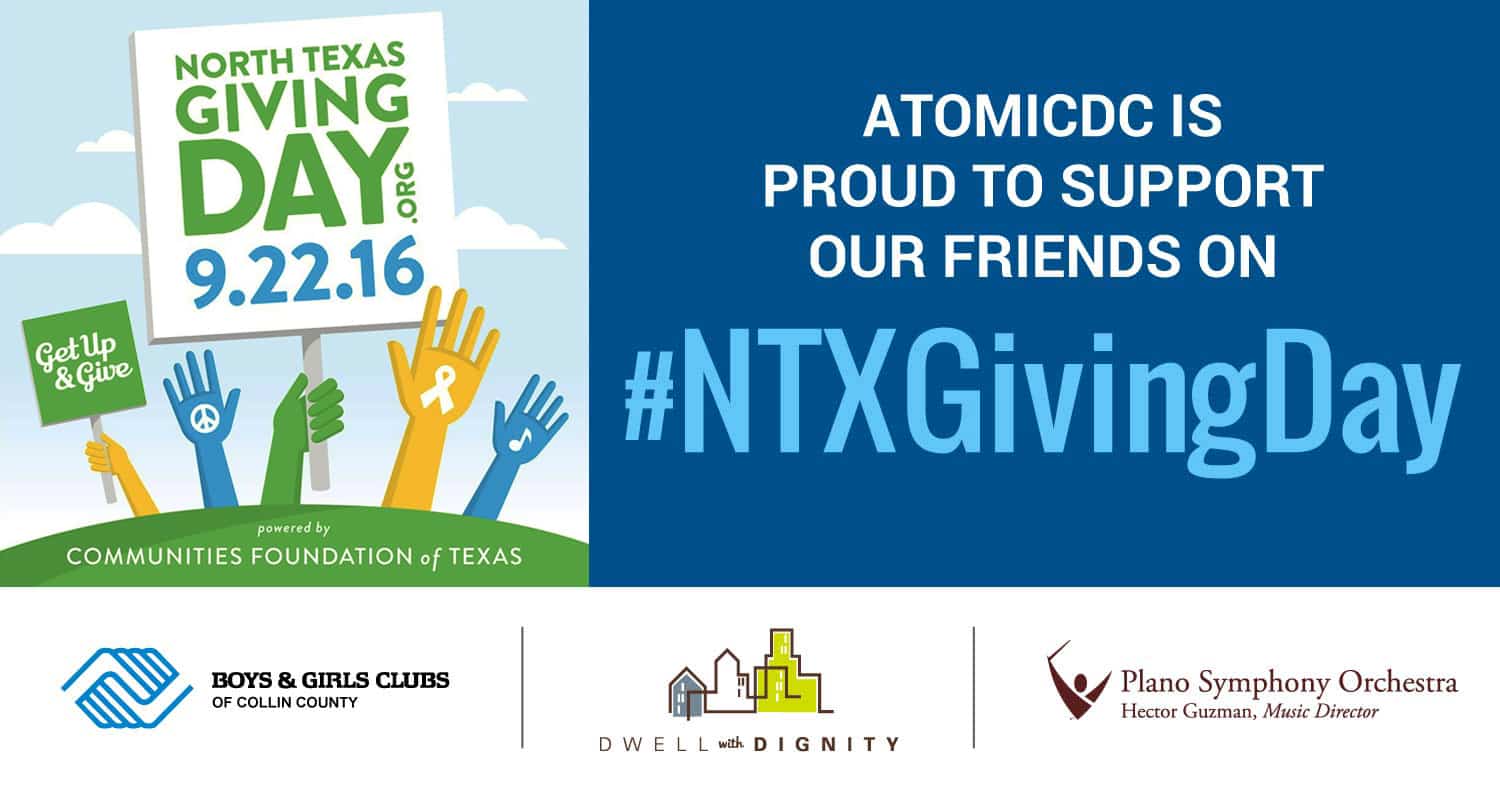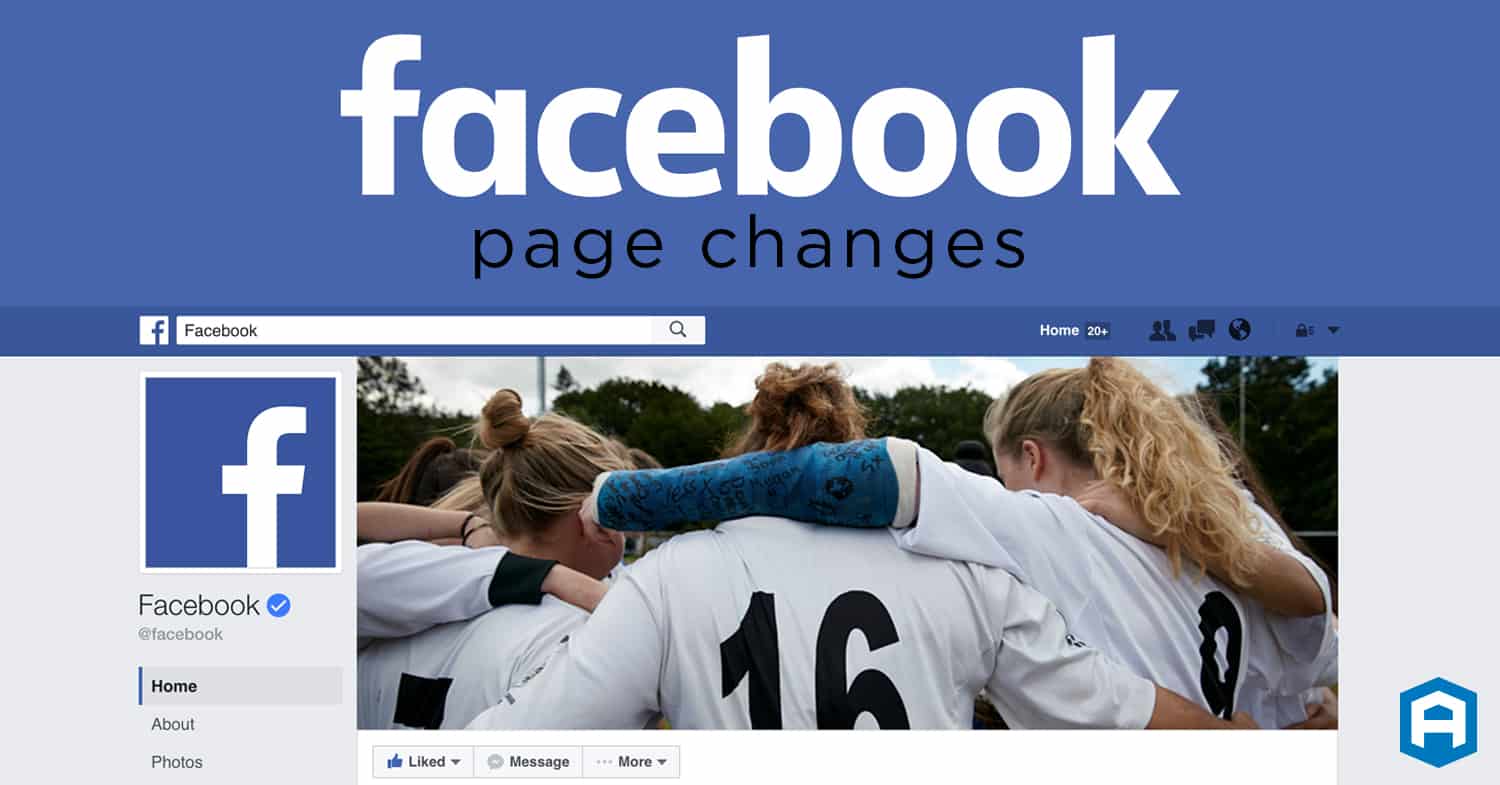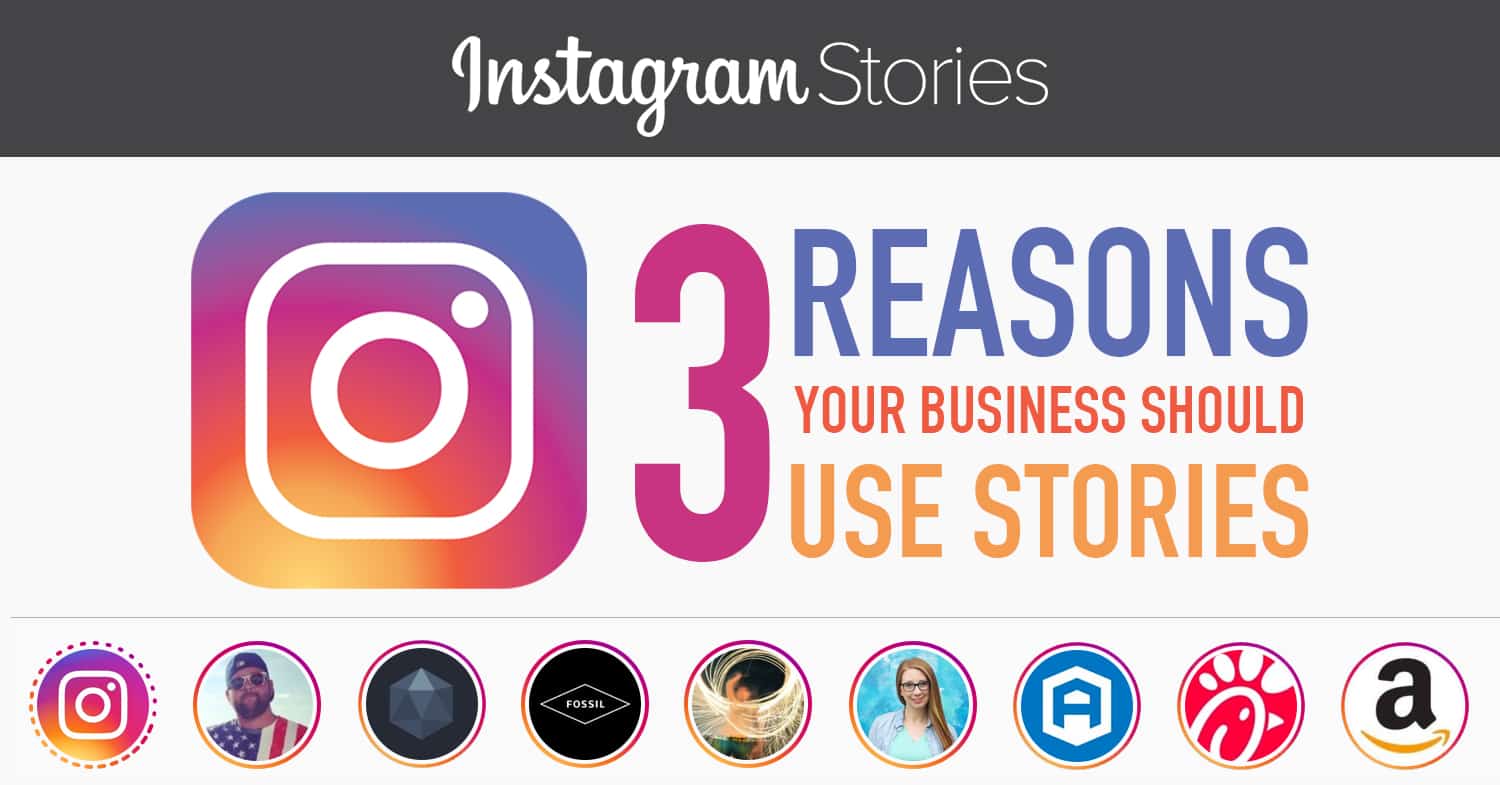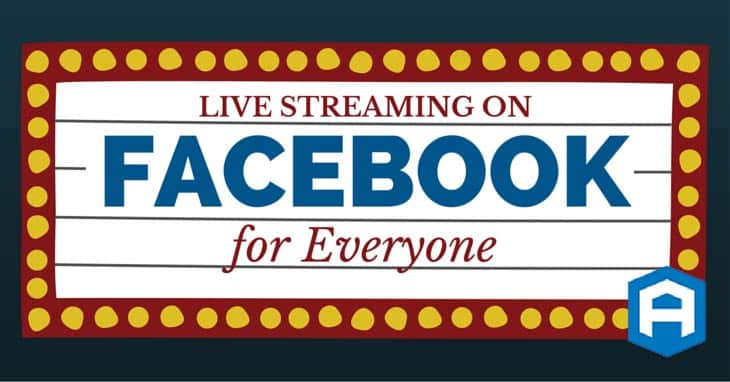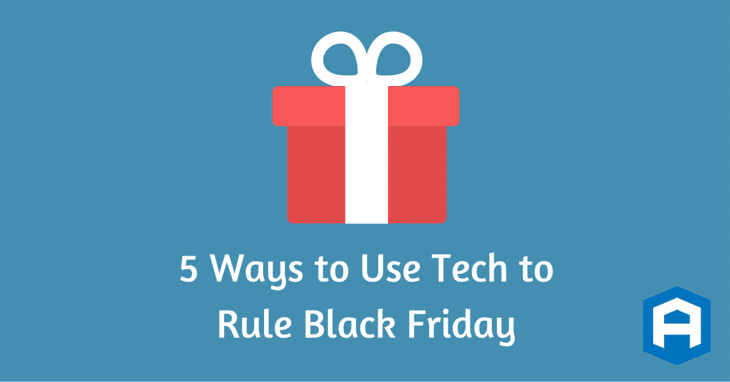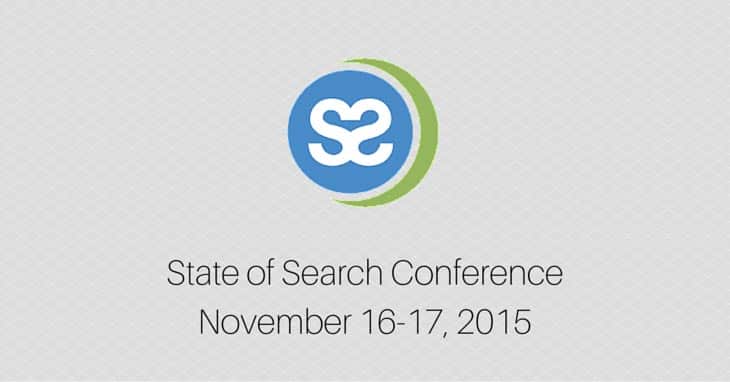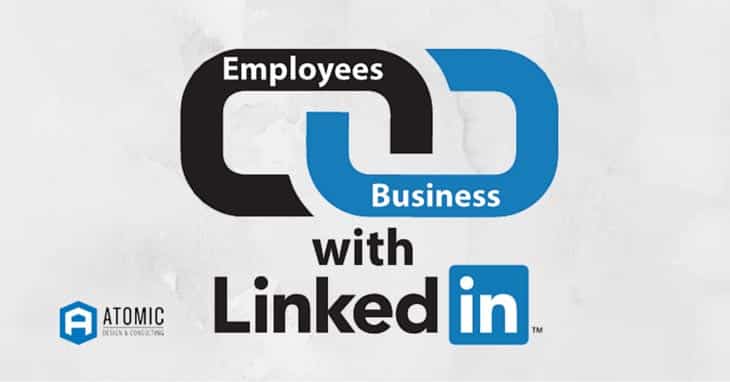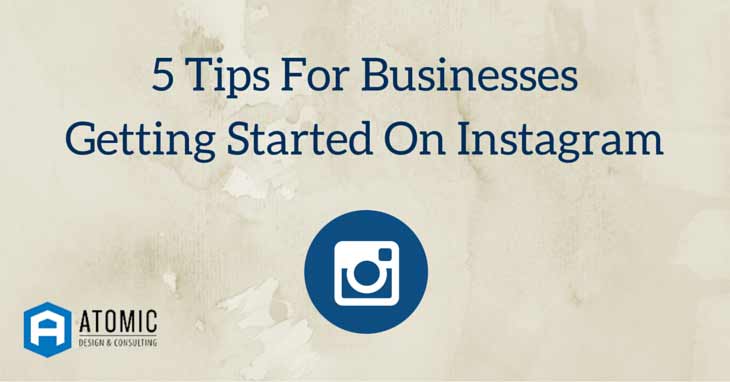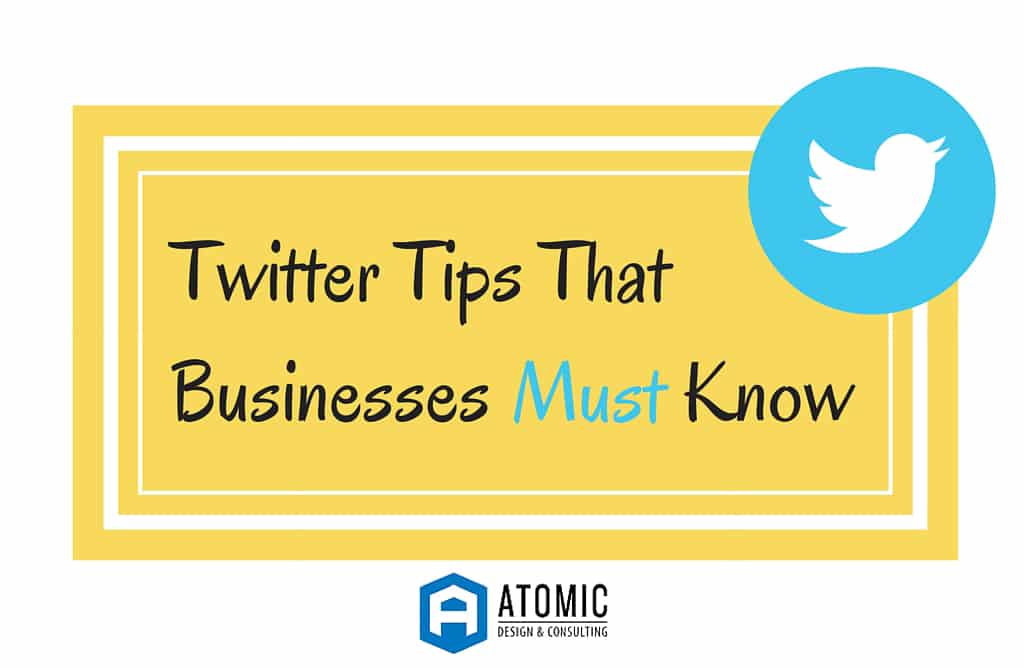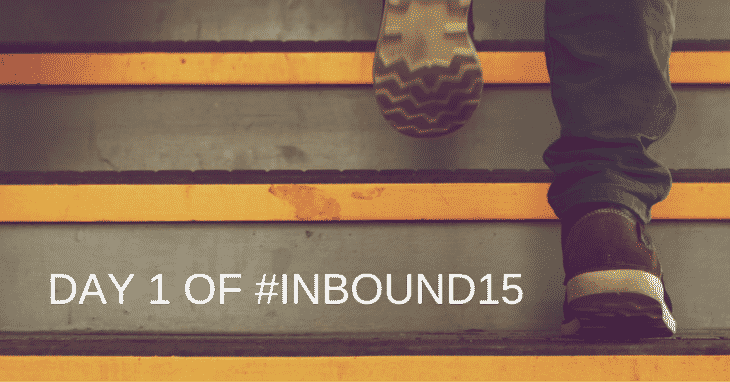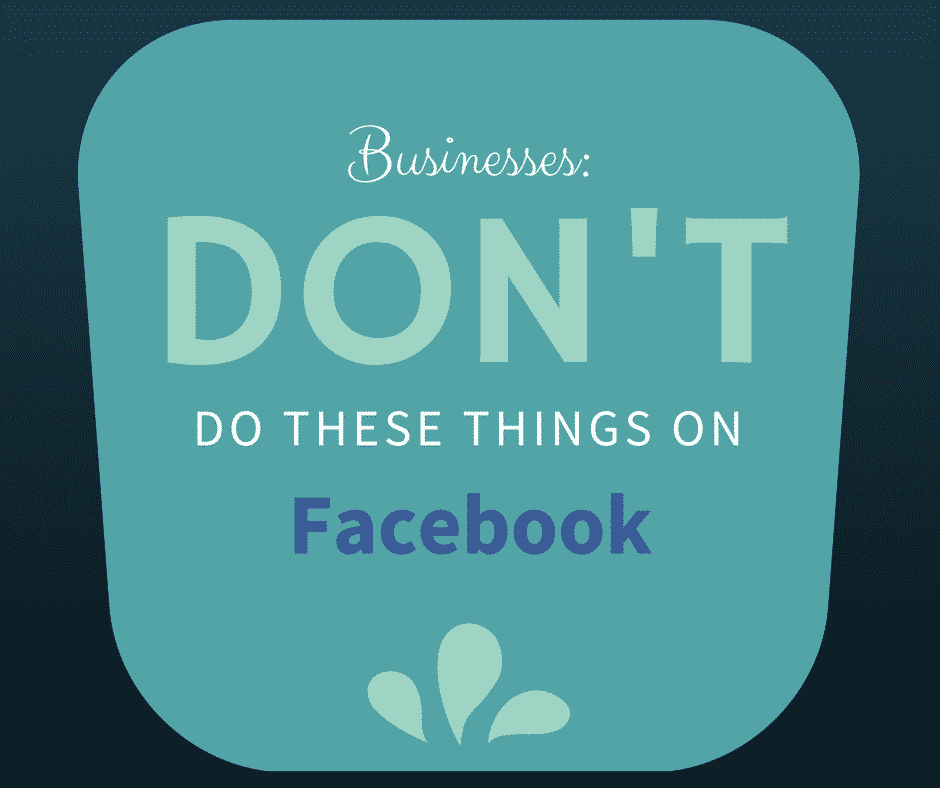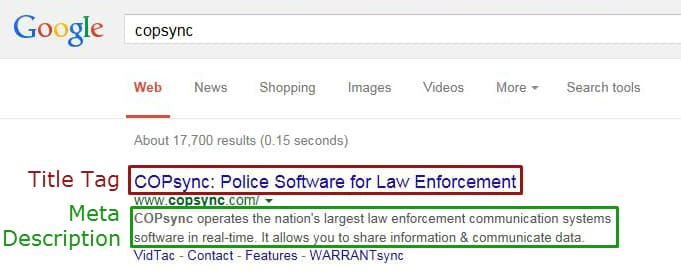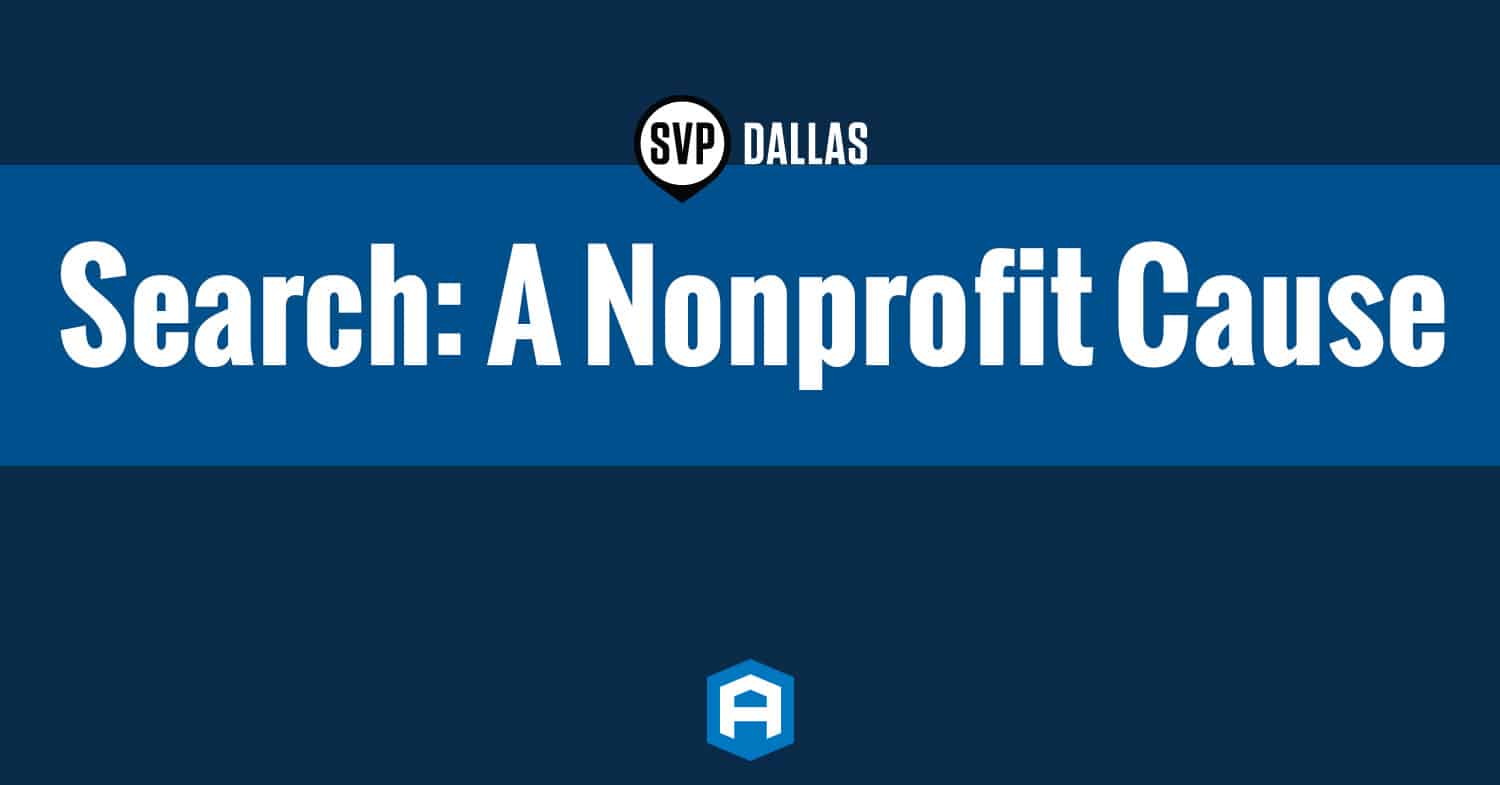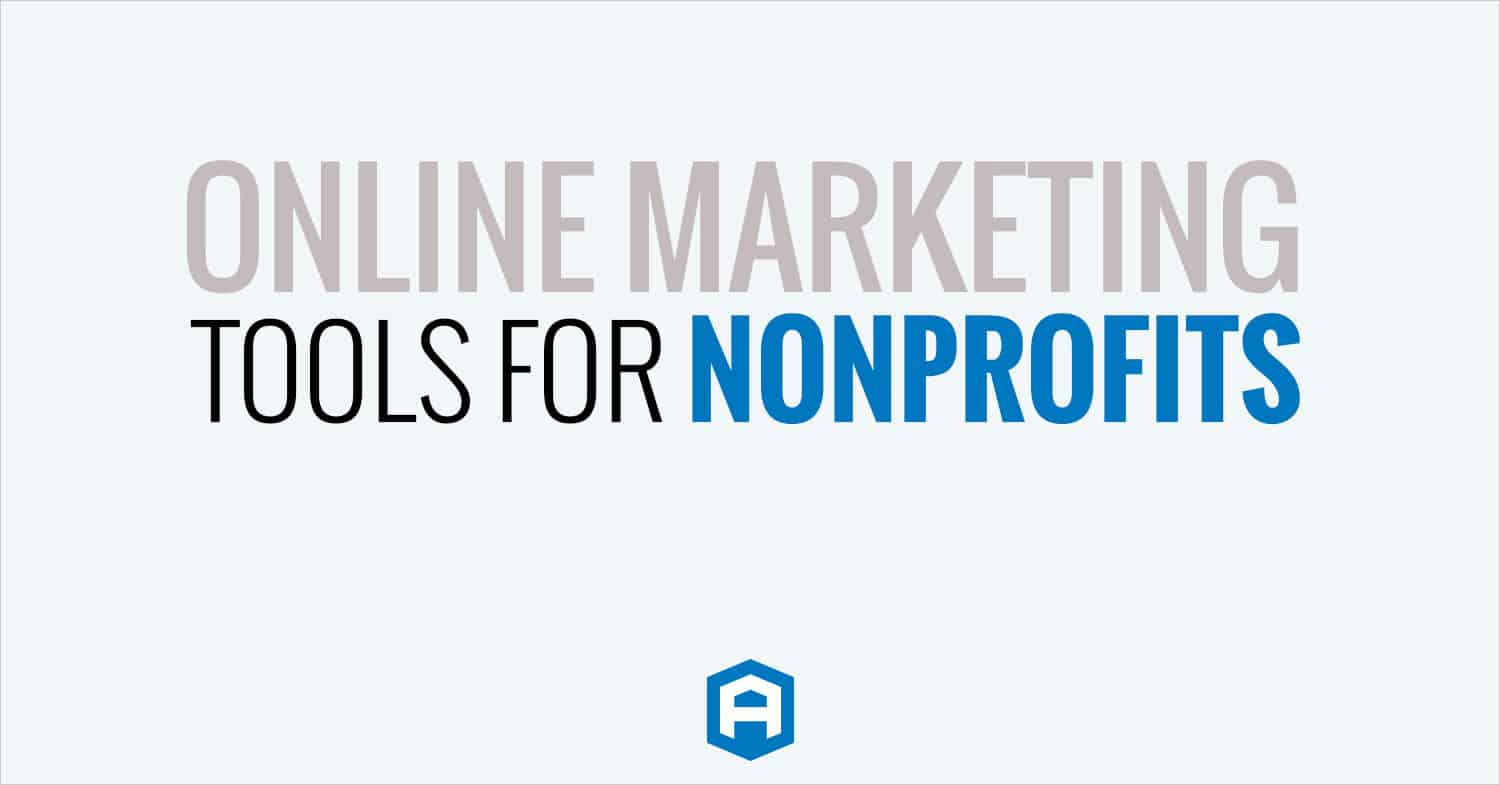The Good, the Bad, and the Ugly Review on the Popular, Influence-Measuring Klout.
The Good: While Klout gives statistics like any other application, it builds for easy review by hosting and combining signals of influence from several different social media applications (like FourSquare, Tumblr, Flickr, Facebook, Twitter, etc.) on one site. Along with the easy managing (seriously, they dumb down the process enough that someone who has no idea what virality and outreach mean in terms of marketing can still increase their engagement by a few simple clicks), Klout gives the user a score to show them how influential they are in the social media world, instead of a simple weekly bar graph that most other applications adhere to. The tool focuses not only on how much engagement is generated, but the mathematical division of engagement vs. amount of content produced. While action can increase involvement, certain topics can increase influence even farther (they suggest topics ranging from marketing to recipes, and everything in between).
The Bad: Unless you’re specifically trying to increase outreach and gain following toward yourself or your brand, Klout probably won’t hold much significance for you. Several articles have been geared negatively toward Klout and the uselessness of having an “awesome score.” In 2011, when an algorithm change in their system caused users’ Klout scores to lower as much as 20 points, it became evident that social media specialists shouldn’t rely solely on mediums like Klout for bragging rights with themselves and/or their company. Another point to mention is that, as I said before, the site is easy to use, making it possible for users to manipulate the system in order to make their friends “influential” in irrelevant topics.
The Ugly: So what does this mean to the average amateur blogger and personal-life application user like myself? Possibly content management and understandable, easy-to-use control, but not much else. I had long been hoping for an application/website that could contain all of my various social media applications, making them accessible and easy to review on one screen, but this is still not exactly what I was looking for (though it is a start). For those who are trying to outreach themselves or their brand, it’s a handy tool to network with, maintain content control, and increase their influence. Think of it as another over-glorified network niche that you’d otherwise have no contact with! What’s there to lose by giving it a try? All I’m saying is that there’s no harm in using the application to better organize your social media applications and keep them up to date, but take your score with a grain of salt. When your stomach drops at the sight of a one-point-lower Klout score, know you have a problem and need to step away from the computer.
While one may not want to use the application itself, tools like Klout, HootSuite, Dashburst, and several other social media management tools all serve as a terrific example of how versatile and flourishing this industry truly is. Who knows what up-and-coming app will be making its way around the social media popular circle next!
Let’s help increase each other’s Klout scores and overall influence; follow me on Twitter, Facebook, and My Blog!
 |
By Sarah Beacom
|
| Sarah is theSocial Media Strategist atAtomic Design & Consulting.
Atomic’s offices are located just north of Dallas, Texas in Plano. Sarah is a blogger, foodie, and brand advocate.
|
|
Blog Categories
Interested in a specific topic? Review the categories below and get the info, news, and tips you need based on your interest!


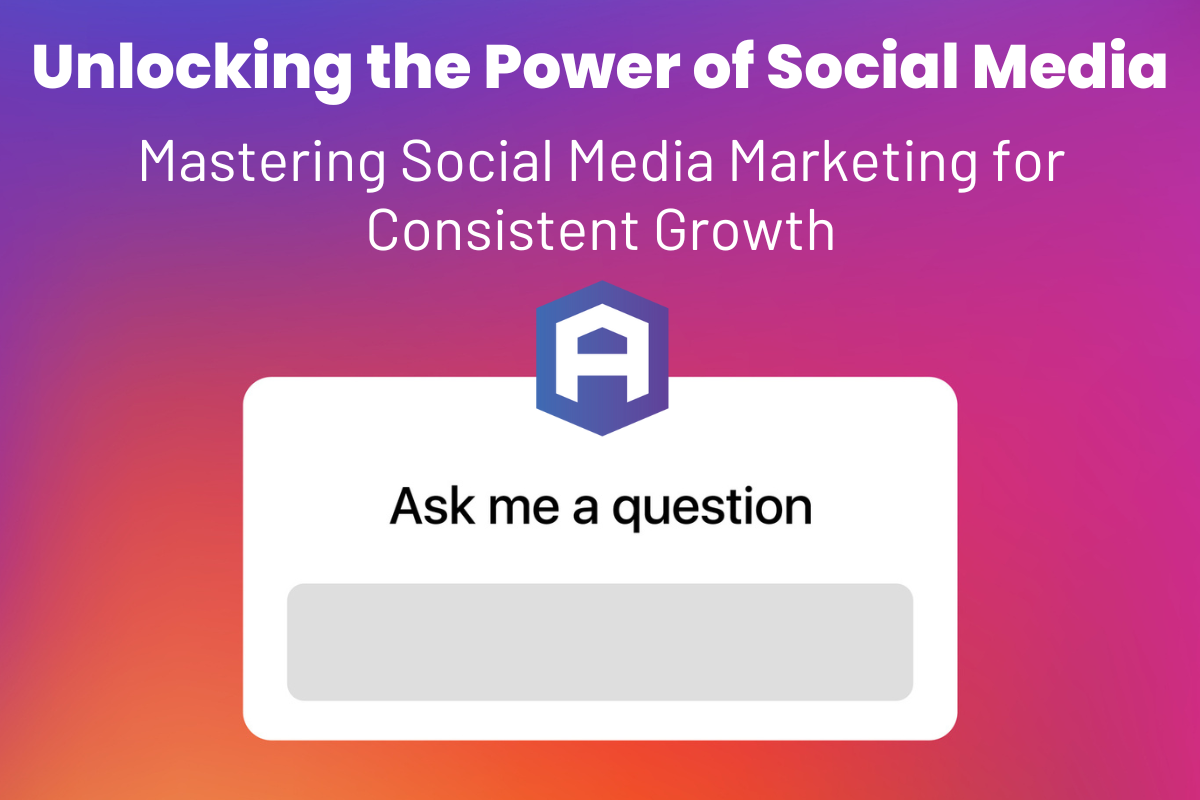


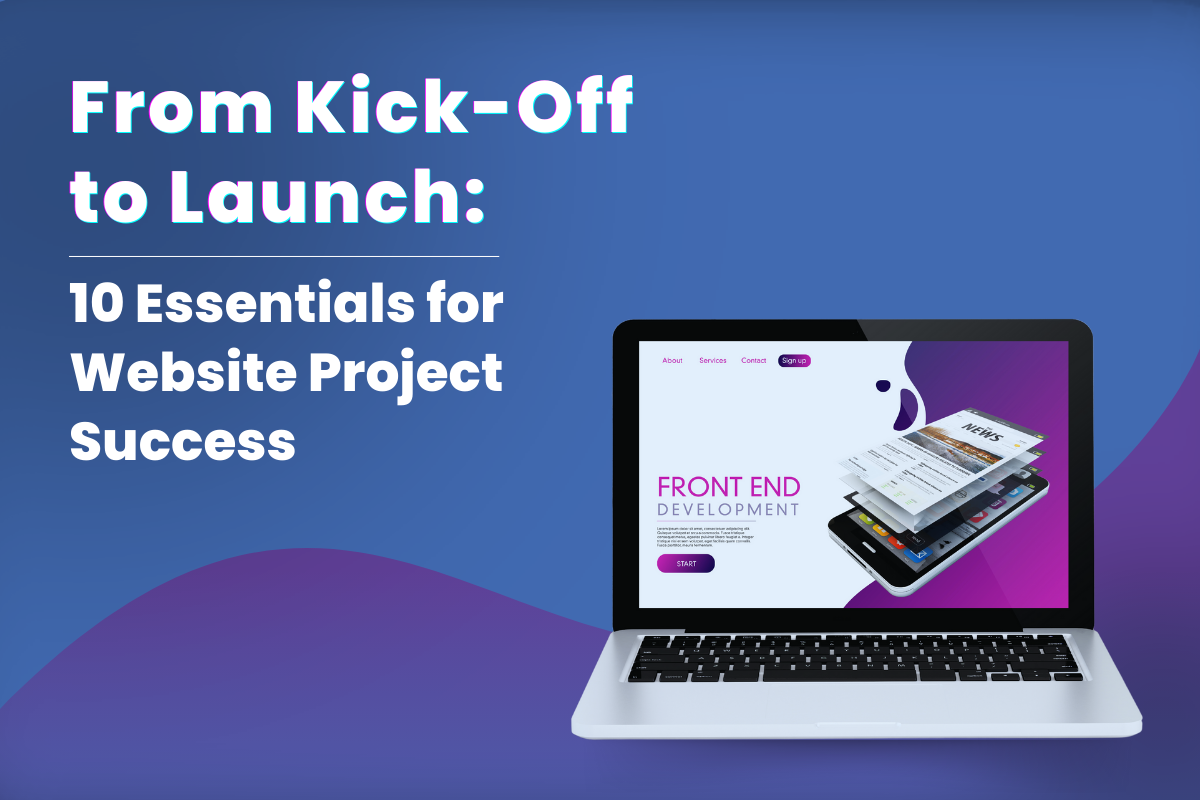


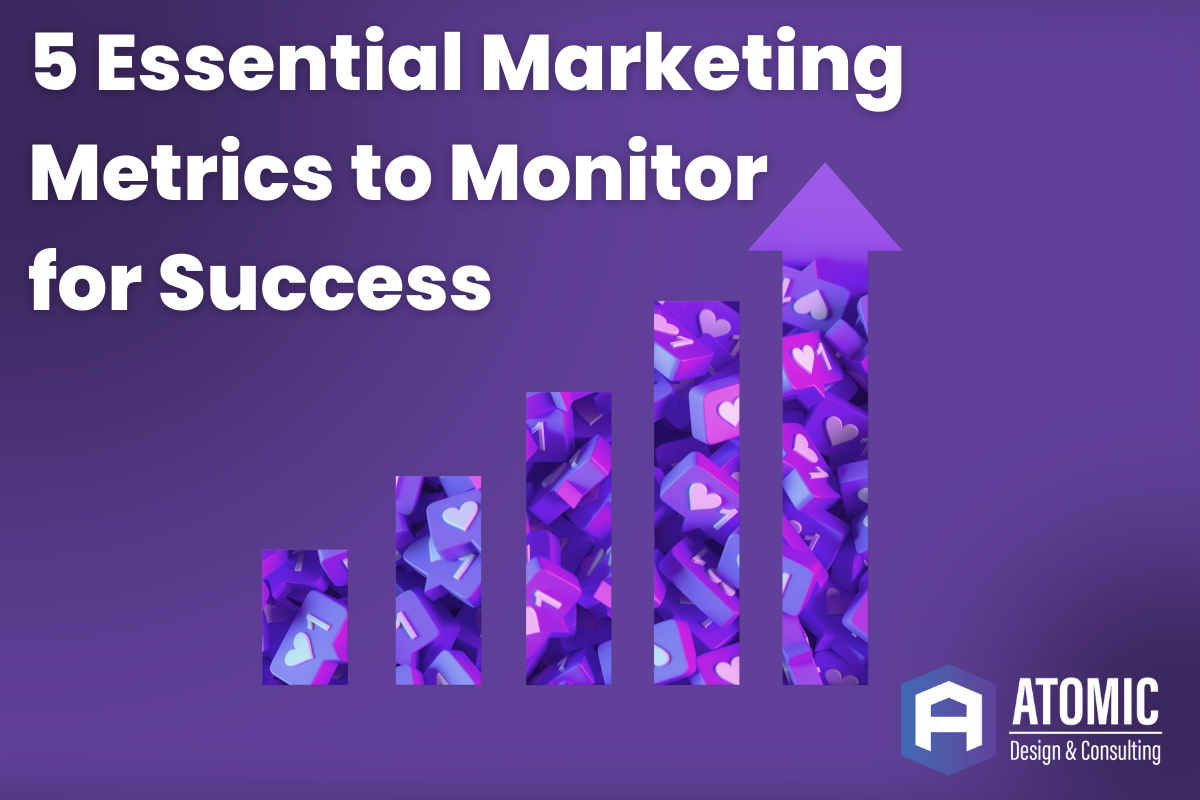


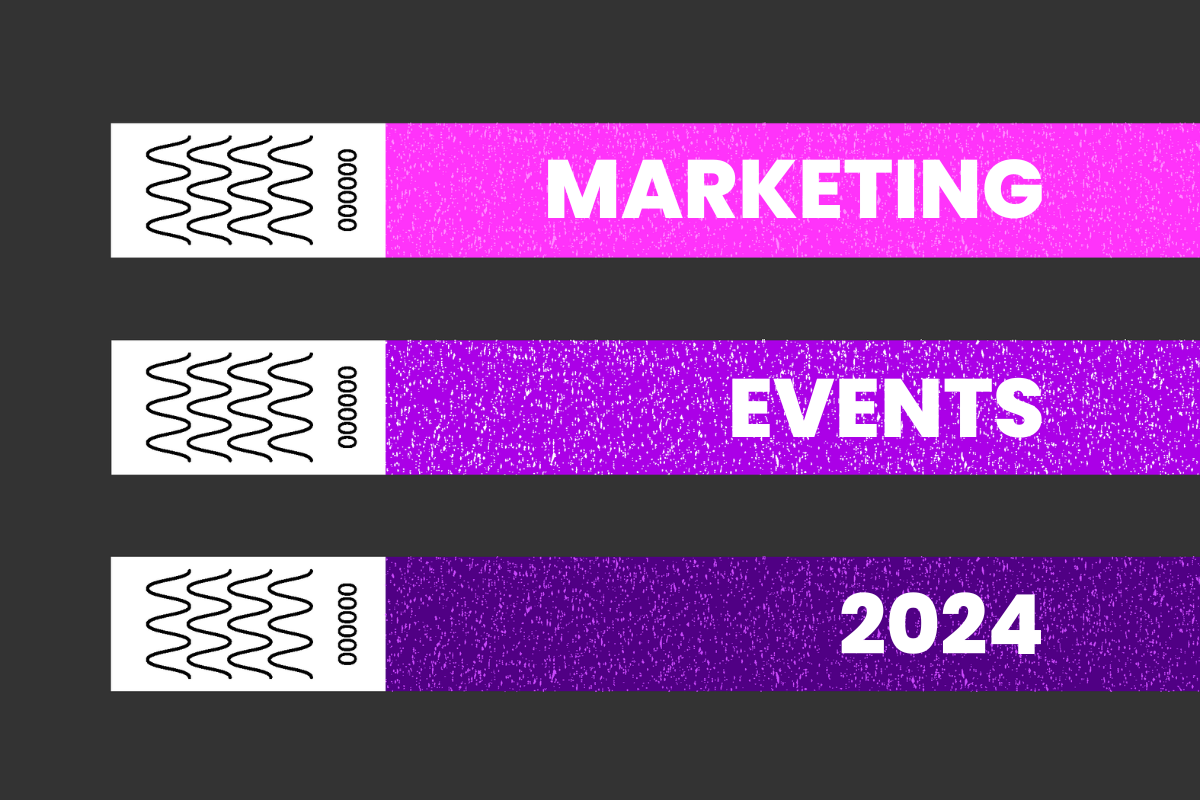













![How Much Should You Budget for Web Design or Redesign? [2020 Update] 27 29](https://www.atomicdc.com/wp-content/uploads/2019/12/29.png)





![HubSpot Partner Day 2019 [Recap] 33 ADC partner day 1200x630 1](https://www.atomicdc.com/wp-content/uploads/2019/09/ADC-partner-day-1200x630-1.jpg)



![30 Awesome HubSpot Tools That Won’t Cost You a Dime [Free Inbound Marketing Tools] 37 30 hubspot tools that won't cost you a dime](https://www.atomicdc.com/wp-content/uploads/2019/06/ADC-30-hubspot-tools.jpg)
















